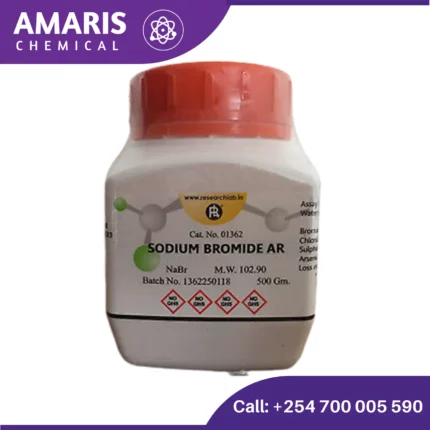
Sodium Bromide 500gm
$2,030.00 Original price was: $2,030.00.$1,580.00Current price is: $1,580.00.

Sodium Fluoride 500gm
$4,500.00 Original price was: $4,500.00.$4,000.00Current price is: $4,000.00.
Sodium Chloride 500gm
$290.00 Original price was: $290.00.$200.00Current price is: $200.00.
Sodium chloride, also commonly known as table salt or halite, is a chemical compound with the formula NaCl. It is an ionic compound formed from sodium (Na+) and chloride (Cl-) ions. Sodium chloride is essential for many biological processes and has numerous applications in various fields.
Here’s a breakdown of key aspects of sodium chloride:
Properties:
- Appearance: White crystalline solid at room temperature
- Odor: Odorless
- Solubility: Highly soluble in water
- Melting point: 801 °C (1474 °F)
- Boiling point: 1465 °C (2669 °F)
SKU:
ACS27446CHEM0
Category: Analytical Reagents
Description
Uses of Sodium Chloride
- Preparation of Solutions: One of the most frequent uses of sodium chloride in laboratories is for preparing solutions with specific ionic strengths or controlled physiological conditions. These solutions play a vital role in various biological experiments. For instance:
- Physiological saline solutions: These solutions mimic the salt concentration of fluids within the body (around 0.9% NaCl) and are used to maintain the integrity of cells and tissues during biological experiments.
- Balanced salt solutions (BSS): These are more complex formulations containing additional components besides sodium chloride to closely resemble the electrolyte balance of specific bodily fluids or tissues. They are used in cell culture experiments and physiological studies.
- Precipitation Reactions: Sodium chloride’s ability to precipitate certain other salts from solution makes it a useful tool in qualitative analysis. By adding sodium chloride solution to another solution containing a specific metal ion, a visible precipitate (solid formed from a solution) might form, indicating the presence of that particular metal. This helps in identifying the components present in an unknown solution.
- Conductivity Measurements: Sodium chloride solutions with known concentrations are used to calibrate conductivity meters. These instruments measure the ability of a solution to conduct electricity, which is related to the concentration of ions present. By measuring the conductivity of a solution with a calibrated meter, researchers can estimate the concentration of ions in unknown solutions.
Reviews (0)
Be the first to review “Sodium Chloride 500gm” Cancel reply
Related products
Acetic Acid 2.5litre
Acetic acid is an organic acid with the chemical formula CH3COOH, also known as ethanoic acid. It is a colorless liquid with a pungent, sour taste and a distinctive vinegar-like odor. Acetic acid is an important industrial chemical used in the production of various products, including solvents, plastics, textiles, and food additives. It is also the main component of vinegar, which is commonly used as a condiment and preservative in cooking and food preparation.
Aluminum Ammonium Sulphate
Aluminum ammonium sulfate, also known as ammonium alum or just alum, is a chemical compound with the formula (NH4)Al(SO4)2·12H2O. It's a white crystalline solid commonly used in water purification, leather tanning, and as a mordant in dyeing textiles.
In water purification, alum acts as a coagulant to remove impurities by causing suspended particles to clump together, making it easier for filtration to remove them. In leather tanning, it helps to stabilize the leather by tightening the collagen fibers. And in dyeing textiles, alum helps the dye adhere to the fabric.
However, it's important to note that excessive exposure to aluminum compounds like alum can be harmful, so it's typically used with caution and proper safety measures.
Aluminum Carbonate 250g
Aluminum carbonate is a chemical compound with the formula Al2(CO3)3. It is a white, crystalline solid that is insoluble in water. Aluminum carbonate is not commonly encountered in pure form due to its high instability, especially in the presence of water and carbon dioxide. Instead, it tends to decompose into aluminum hydroxide and carbon dioxide when exposed to moisture or acidic conditions.
Aluminum Oxide 500 grams
Aluminum oxide, often referred to as alumina, is a chemical compound made up of aluminum and oxygen atoms (Al2O3). It occurs naturally in various minerals, including corundum and bauxite. It is one of the most widely used compounds, valued for its hardness, strength, and resistance to abrasion and corrosion.
Ammonium Acetate 25kgs
Ammonium acetate is a chemical compound with the formula NH4CH3CO2. It is a white, crystalline solid with a vinegar-like odor. It is commonly used in various laboratory applications, such as in molecular biology and analytical chemistry. It can act as a source of acetate ion in reactions and is often used as a buffer solution in biochemical and molecular biology research. Additionally, it is sometimes used in the manufacture of other chemicals and as a food additive.
Ammonium Ferric Sulphate 500gm
Anhydrous Aluminum Chloride
Anhydrous aluminum chloride, often represented as AlCl3, is a chemical compound composed of aluminum and chlorine. "Anhydrous" means it lacks water molecules in its structure. It's a white or pale yellow solid that is highly hygroscopic, meaning it readily absorbs moisture from the air. This property makes handling it a bit tricky since it can form a solution with water vapor in the air, turning into a fuming liquid.


 Emollients
Emollients Humectants
Humectants UV Filters
UV Filters Surfactants (cosmetic)
Surfactants (cosmetic) Preservatives (cosmetic)
Preservatives (cosmetic) Fragrances and Essential Oils
Fragrances and Essential Oils Antioxidants (cosmetics)
Antioxidants (cosmetics)
 Solvents (lab)
Solvents (lab) Chromatography Chemicals
Chromatography Chemicals Microbiology and Cell Culture Reagents
Microbiology and Cell Culture Reagents Biochemical Reagents
Biochemical Reagents Inorganic and Organic Standards
Inorganic and Organic Standards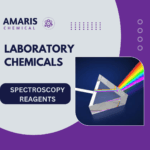 Spectroscopy Reagents
Spectroscopy Reagents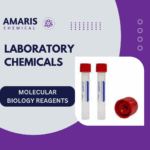 Molecular Biology Reagents
Molecular Biology Reagents
 Precious Metal Extraction Agents
Precious Metal Extraction Agents
 Plasticizers
Plasticizers Polymerization Initiators
Polymerization Initiators Stabilizers
Stabilizers Monomers
Monomers Fillers and Reinforcements
Fillers and Reinforcements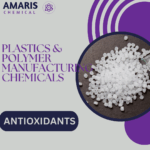 Antioxidants (plastics)
Antioxidants (plastics) Colorants (plastic pigments,Dyes)
Colorants (plastic pigments,Dyes)
 Fertilizers
Fertilizers Plant Growth Regulators
Plant Growth Regulators Soil Conditioners
Soil Conditioners Animal Feed Additives
Animal Feed Additives Biostimulants
Biostimulants
 Dough Conditioners
Dough Conditioners Flour Treatments
Flour Treatments Fat Replacers
Fat Replacers Preservatives (baking)
Preservatives (baking)
 Surfactants (cleaning)
Surfactants (cleaning) Builders
Builders Bleaching Agents
Bleaching Agents Enzymes
Enzymes Solvents (cleaning)
Solvents (cleaning) Fragrances
Fragrances Disinfectant
Disinfectant Metal cleaning
Metal cleaning
 Binders/Resins
Binders/Resins Pigments
Pigments Solvents (paint)
Solvents (paint) Additives
Additives Driers
Driers Anti-Corrosion Agents
Anti-Corrosion Agents Specialty Coatings
Specialty Coatings Functional Coatings
Functional Coatings Application-Specific Coatings
Application-Specific Coatings
 Sealants and Adhesives
Sealants and Adhesives
 Biodegradable Surfactants
Biodegradable Surfactants Bio-based Solvents
Bio-based Solvents Renewable Polymers
Renewable Polymers Carbon Capture Chemicals
Carbon Capture Chemicals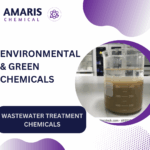 Wastewater Treatment Chemicals
Wastewater Treatment Chemicals
 Preservatives (food)
Preservatives (food) Flavor Enhancers
Flavor Enhancers Acidulants
Acidulants Sweeteners
Sweeteners Emulsifiers
Emulsifiers Antioxidants (food)
Antioxidants (food) Colorants (food)
Colorants (food) Nutrient Supplements
Nutrient Supplements Nutraceutical Ingredients
Nutraceutical Ingredients
 Fresh Herbs
Fresh Herbs Whole Spices
Whole Spices Ground Spices
Ground Spices Spice Blends
Spice Blends
 Surfactants(oil)
Surfactants(oil)
 Antibiotics
Antibiotics Active Pharmaceutical Ingredients
Active Pharmaceutical Ingredients Excipients
Excipients Vaccine Adjuvants
Vaccine Adjuvants Nutraceutical Ingredients
Nutraceutical Ingredients Solvents (pharmaceutical)
Solvents (pharmaceutical)
 Automotive chemicals
Automotive chemicals Pyrotechnic Chemicals
Pyrotechnic Chemicals


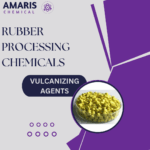 Vulcanizing Agents
Vulcanizing Agents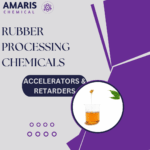 Accelerators & Retarders
Accelerators & Retarders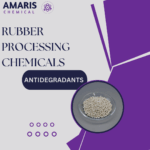 Antidegradants
Antidegradants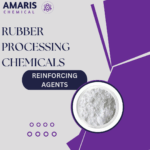 Reinforcing Agents
Reinforcing Agents Plasticizers & Softeners
Plasticizers & Softeners Fillers & Extenders
Fillers & Extenders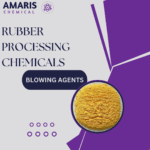 Blowing Agents
Blowing Agents Adhesion Promoters
Adhesion Promoters
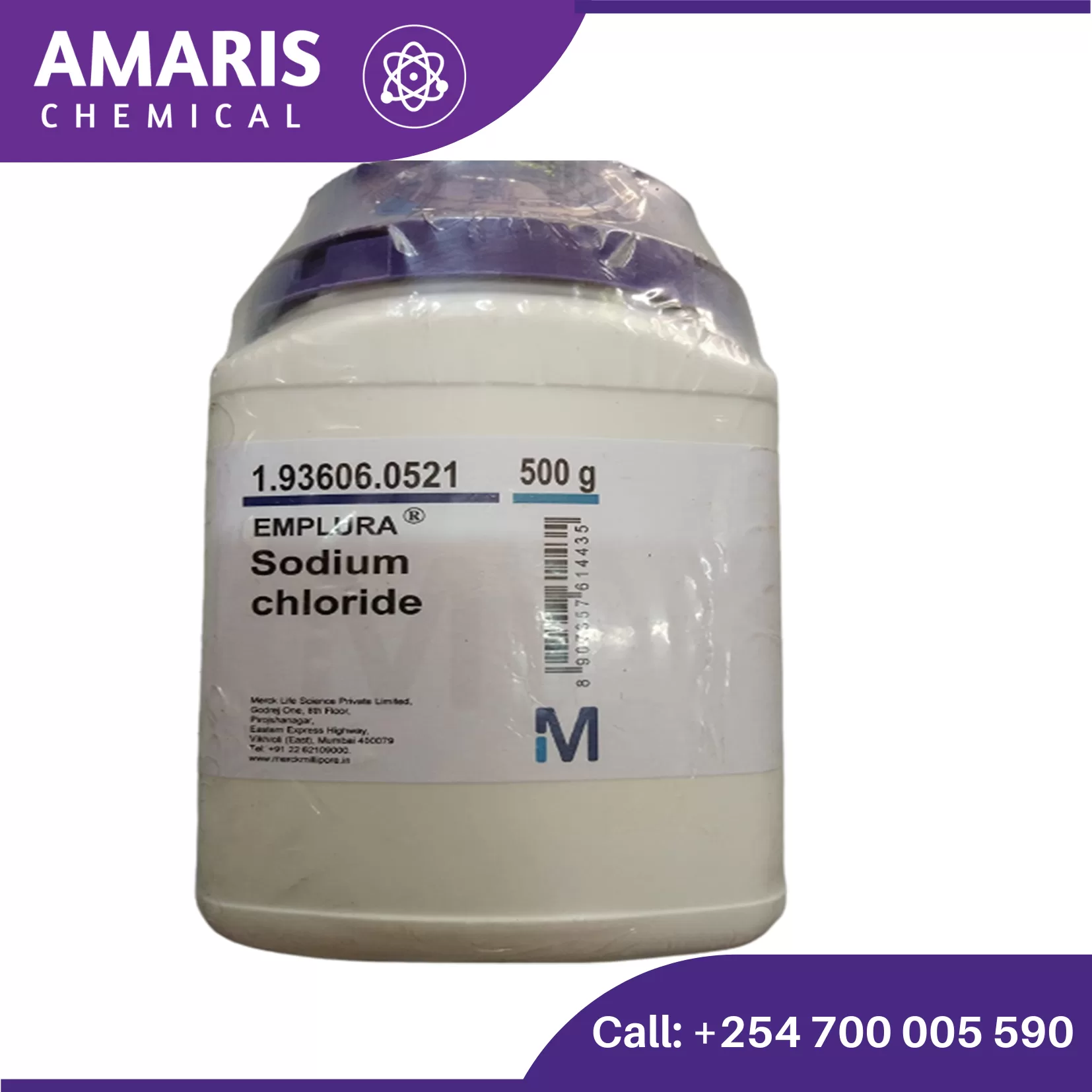
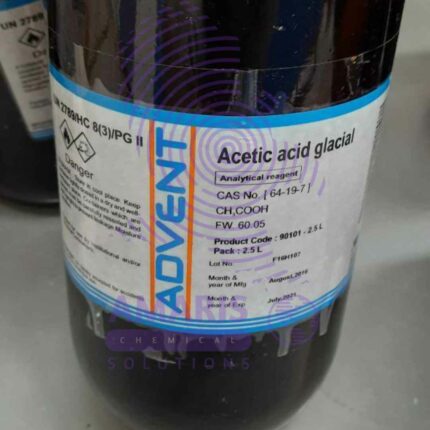
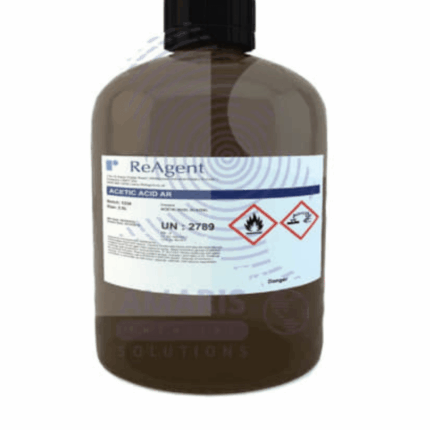
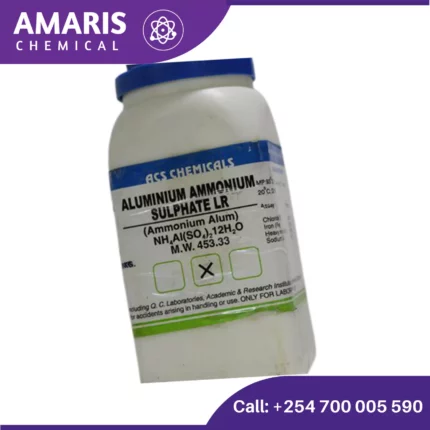
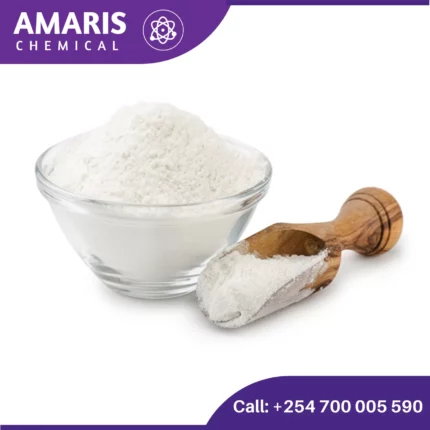
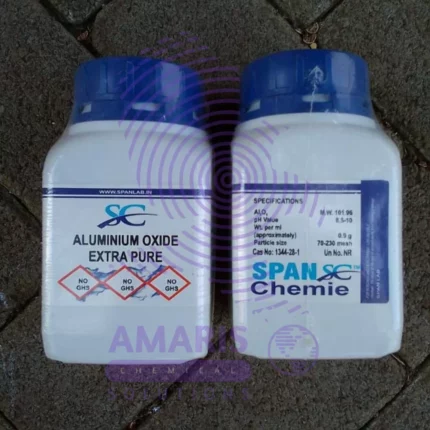


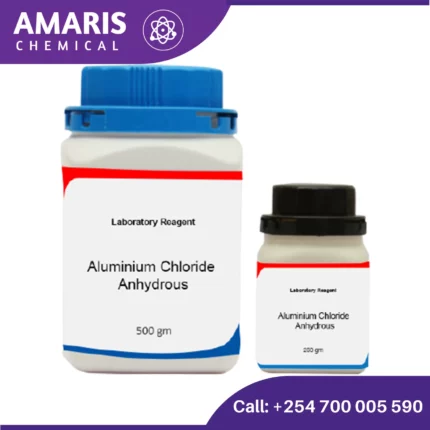
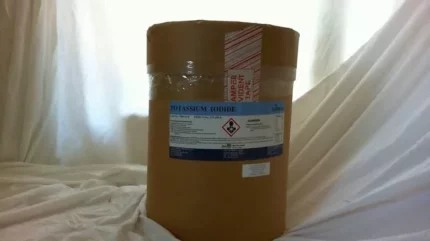













Reviews
There are no reviews yet.